Consider this: Riya has 6 baskets of apples, each with 3 apples. If she wants to share them equally with her two friends, how many apples will each friend get?
Even if this translates to the simple calculation of: 6×3, divided by 2, the real-life context makes it more time-consuming.
But why is the word problem more challenging?
This is because, in the real-life example involving multiplication and division, one must not only understand but also apply the concepts, which requires problem-solving and critical thinking skills.
With the purpose of building a brighter future through education, it is evident that applying what we learn is crucial.
But here’s the question: Are students truly learning the art of applying these concepts?
In the school setting, projects, practical demonstrations and experiments serve as effective means for imparting practical insights into various subjects.
Additionally, practical application can be promoted by means like:
• Field/ Industrial visits: Visiting museums, factories, laboratories, or historical sites can bring theoretical knowledge to life and help students see the practical relevance of what they learn.
• Guest lectures: School subjects cover an array of themes and topics. Teachers can enhance students’ understanding and interest by inviting subject matter experts for guest lectures, providing firsthand experiences and in-depth information on selected subjects of keen interest to the students.
• Cross-Disciplinary Projects: Encourage projects that require the integration of knowledge and application from multiple subjects.
• Real life simulations: Embrace methodologies like presentations or role plays to simulate real-world scenarios. Utilize technology with the integration of virtual labs, simulations, and educational software, to provide students with practical experiences in subjects like science, mathematics, and more.
In conclusion, recognizing the importance of practical application not only improves theoretical comprehension but also nurtures essential problem-solving and critical thinking skills in students, building a more comprehensive and applicable learning experience.







